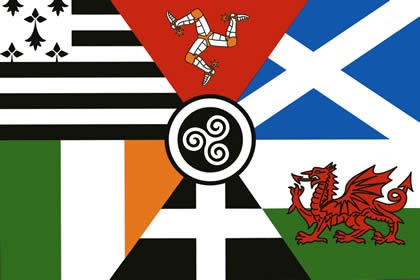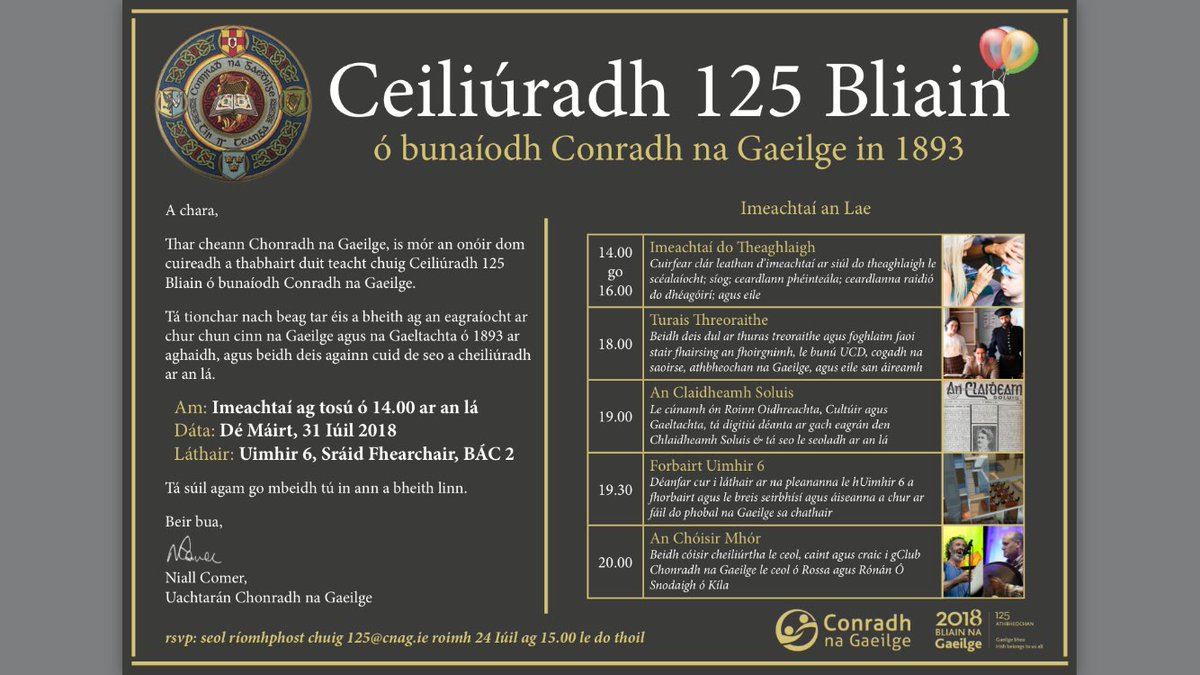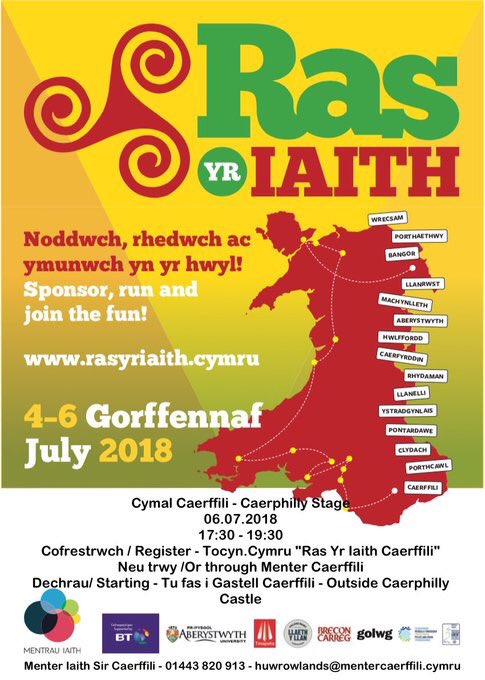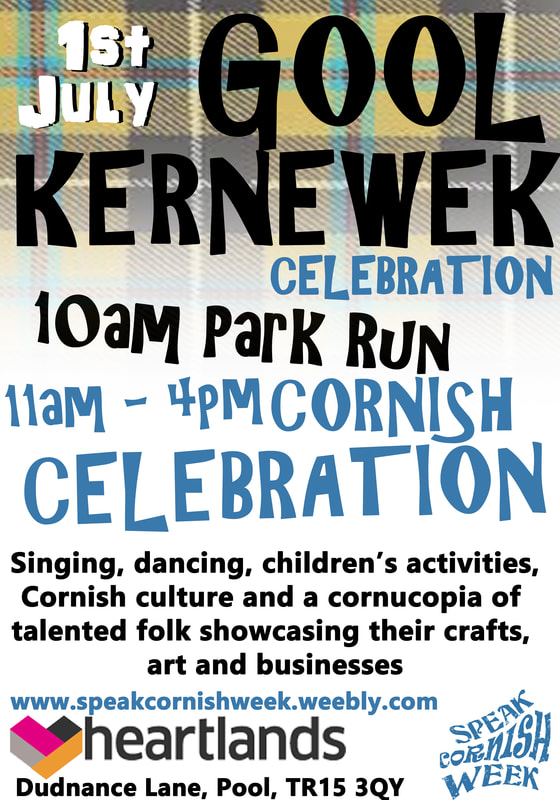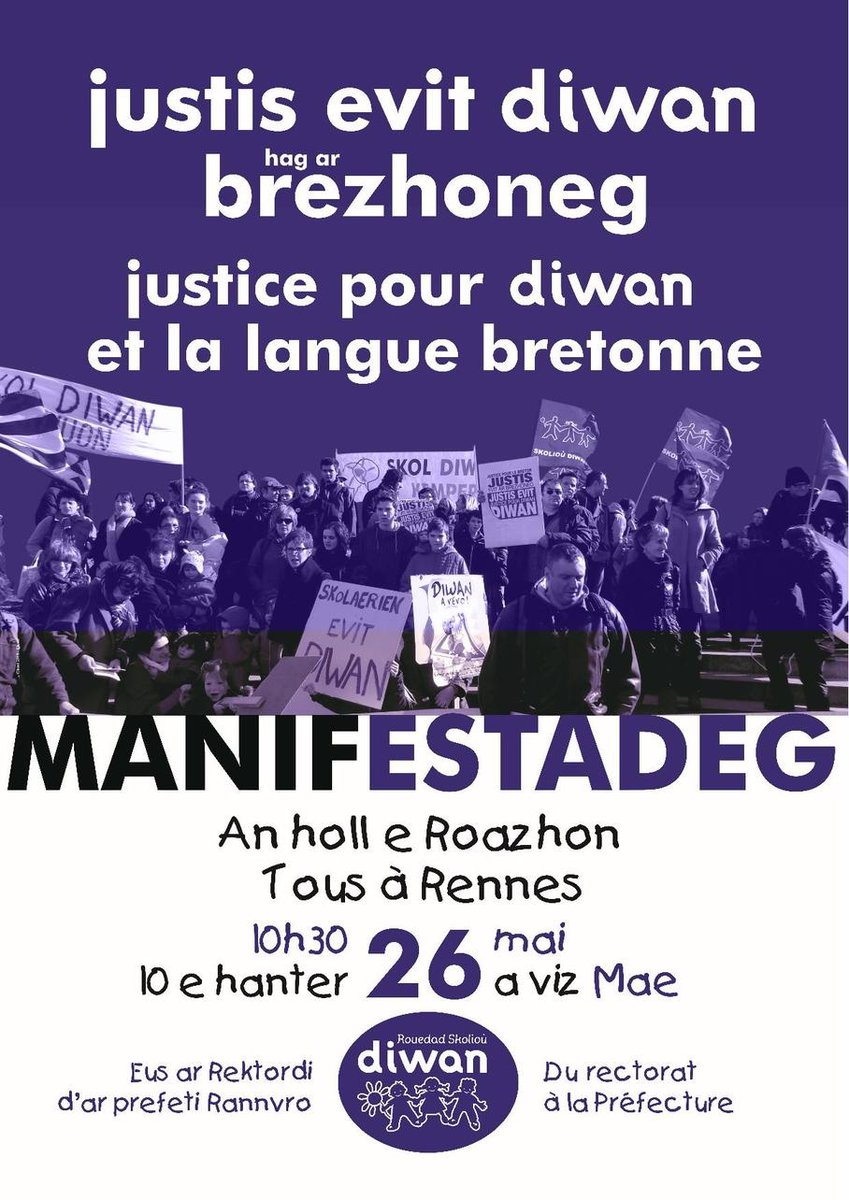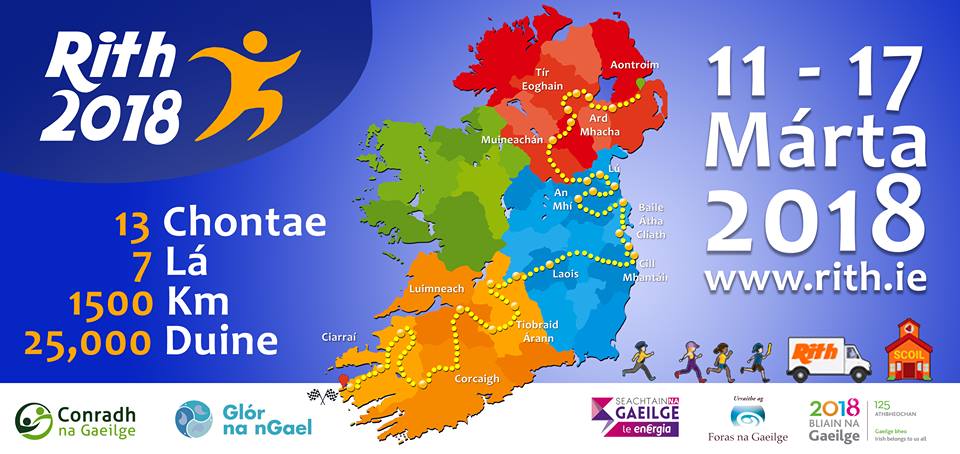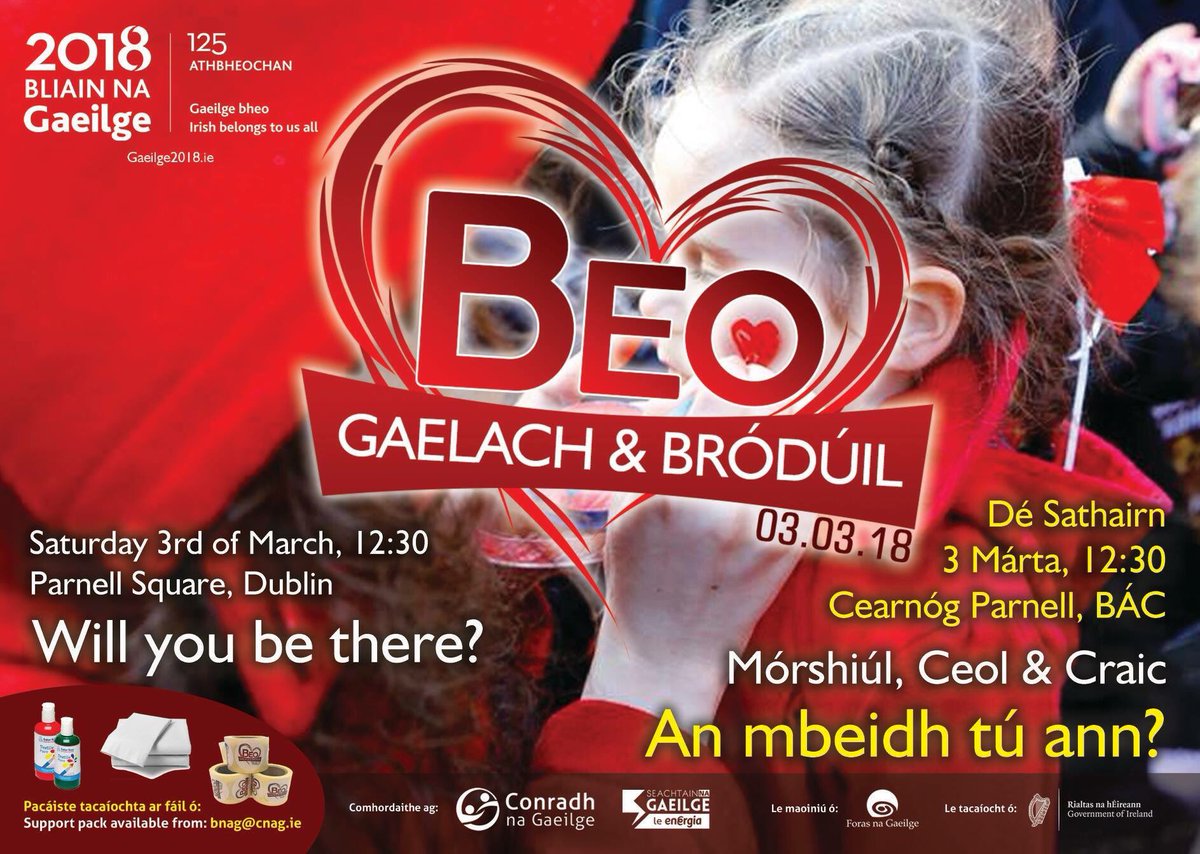No fewer than 22 Manx words and phrases have been added to the latest update of the Oxford English Dictionary.
So
for the first time, it includes hop tu naa (*, of uncertain origin)
defined as ’the night of 31 October as celebrated on the Isle of Man,
often marked by children singing songs door-to-door and the display of
lanterns carved out of turnips’.
Also featured is traa dy
liooar (phr, a borrowing from Manx), meaning ’time enough’ - used, says
the OED, ’to express or assert that something can (or should) be
postponed, or that there is no need to hurry’.
Here too is skeet
(meaning a quick look or glance, or gossip) and gobbag (a person
regarded as uncultured, rough, or backward and latterly a resident of
Peel, especially one born there).
And there is yessir (used as a familiar form of address, esp. to another Manx person: mate, pal).
Manx
folklore is featured - phynnodderee (a supernatural being characterized
as having a thick coat of hair and said to assist farmers whose lands
he lives near), and buggane (an imaginary evil spirit or creature; a
bogeyman).
Other new additions include the ball game cammag and tholtan, meaning a ruined barn or cottage.
The
dictionary, which already holds about 100 Manx words, has redefined and
updated other words, including Tynwald, curragh (a bog), jough (a warm
ale drunk at Christmas) and kishen (a unit of capacity).
Other
Manx words featured are loaghtan, deemster, cushag, sheading and jeel
(meaning damage or mischief), bonnag, keeill (a small medieval chapel or
monastic cell) and Jinny (a stinging nettle).
OED researchers
trawled a variety of local sources, including newspapers, books, twitter
feeds and Tynwald Hansard to identify words and phrases that are
characteristic of English as spoken in the island.
They were supported by Manx Museum’s library and archives and Culture Vannin.
And
the inclusion of the 22 Manx words and phrases can be attributed in
part to the fact that a member of the OED editorial team is Manxman
Kelvin Corlett.
Kelvin, who is senior assistant editor of the OED
said: ’One of the most striking features of the Manx-English dialect
words newly added to the OED is how clearly they demonstrate the
island’s diverse linguistic heritage, with words of Norse, Gaelic, and
English origin.
’The words reflect many aspects of life in the
island, its culture and its history, ranging from politics and legal
institutions, to agriculture, folklore, and everyday matters. Above all,
perhaps, these words exemplify the way that even relatively small
communities contribute to the richness of the English language as spoken
and written around the world.’
The inclusion of the Manx words is a welcome boost for the 2018 Year of Our Island.
Chris
Thomas MHK, chairman of
Culture Vannin, said: ’Year of Our Island is
celebrating the Isle of Man as a special place to live and work and what
greater way of celebrating than to have multiple Manx entries in the
latest update of the OED.
’Language tells the story of who we are,
of how we interpret the world around us, so it’s wonderful to have a
much longer list of dialect words and terminology specific to the Isle
of Man published in the OED, including many words whose origins lie in
Manx Gaelic.’
He added: ’I am delighted my use of traa dy liooar
in the 2017 Illiam Dhone address regarding implementation of FoI gets a
mention as modern usage of this Manx-English word.’
Source

